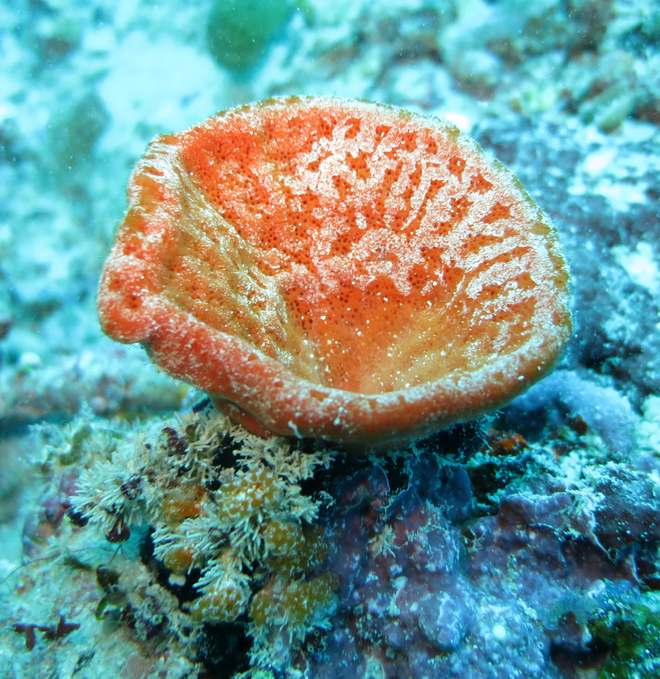Supervisor: Gert Wörheide (LMU Munich), Co-supervisor Davide Pisani (University of Bristol)
Student: Ksenia Juravel
Objectives: The phylogenetic relationships among non-bilaterian animals are still not unequivocally accepted but their robust resolution is necessary to understand early animal evolution and the emergence of key bilaterian traits, such as nervous systems, muscles, and guts. However, more non-bilaterian taxon sampling, especially from undersampled lineages within Porifera and Placozoa, as well as new primary sequence-independent phylogenetic markers, such as “rare genomic changes” (RGCs), are necessary to test the many controversially discussed hypotheses.
O1: Sequence two de novo genomes from undersampled lineages (for example Calcarea/Calcinea and Hexactinellida) of sponges as well as from a strain of the enigmatic phylum Placozoa, for which only one genome is published.
O2: increase non-bilaterian gene and taxon sampling for phylogenomic analyses by supplementing publically available genomes with these novel genomes as well as our already in-house sequenced genomes of the marine demosponge Tethya wilhelma, and the two freshwater demosponges Spongilla lacustris and Ephydatia muelleri.
O3: Search for novel sequence-independent markers of phylogenetic value (RGCs) in novel and existing genomes to contribute corroborative evidence to test the plethora of controversial hypotheses about non-bilaterian relationships published in recent years.
O4: Conduct molecular clock analyses to better constrain the deep-time diversification of non-bilaterian in the Precambrian.
Secondments: Jean-François Flot (Brussels), Davide Pisani (Bristol), Lyubomir Penev (Pensoft Publishers, Sofia)
